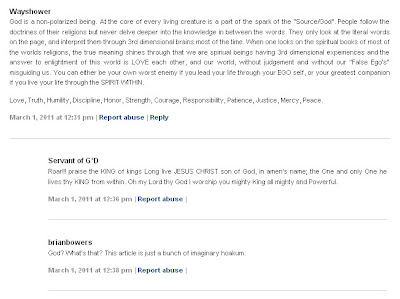I assure you that the ability to view our futures can become a bore. Even to be thought of as a god, as I certainly was, can become ultimately boring. It has occurred to me more than once that holy boredom is good and sufficient reason for the invention of free will.In light of my last post (How did I get here? Eating chocolate on the path of destiny), in which I pondered the ideas of free will and destiny, I chuckled when I came across these lines a few days later while reading. These sentences are from "God Emperor of Dune," by Frank Herbert. It's the fourth novel in the original Dune series.
Not familiar with Dune? I can't recommend the novels enough. I was never really into sci-fi as a reader, and this is probably some of the heaviest the genre offers. But I find it a fascinating, intoxicating exploration of themes that include religion, technology, politics, human evolution, economics, and more. Basically the kind of stuff I find myself fascinated by in real life.
A little context for the above quote: The "god emperor" the title refers to is, like his father before him, capable of casting his mind into the infinite possibilities of the future, exploring each and every decision, event, and seeming bit of minutia that led to it. This is part of the reason he comes to be worshiped across the universe during this reign — of several thousand years.
Quite ironically, these sentences were opposite another section of text that I thought worth posting at my other blog, Tangled in Wires: The 'God Emperor of Dune' on technology.




